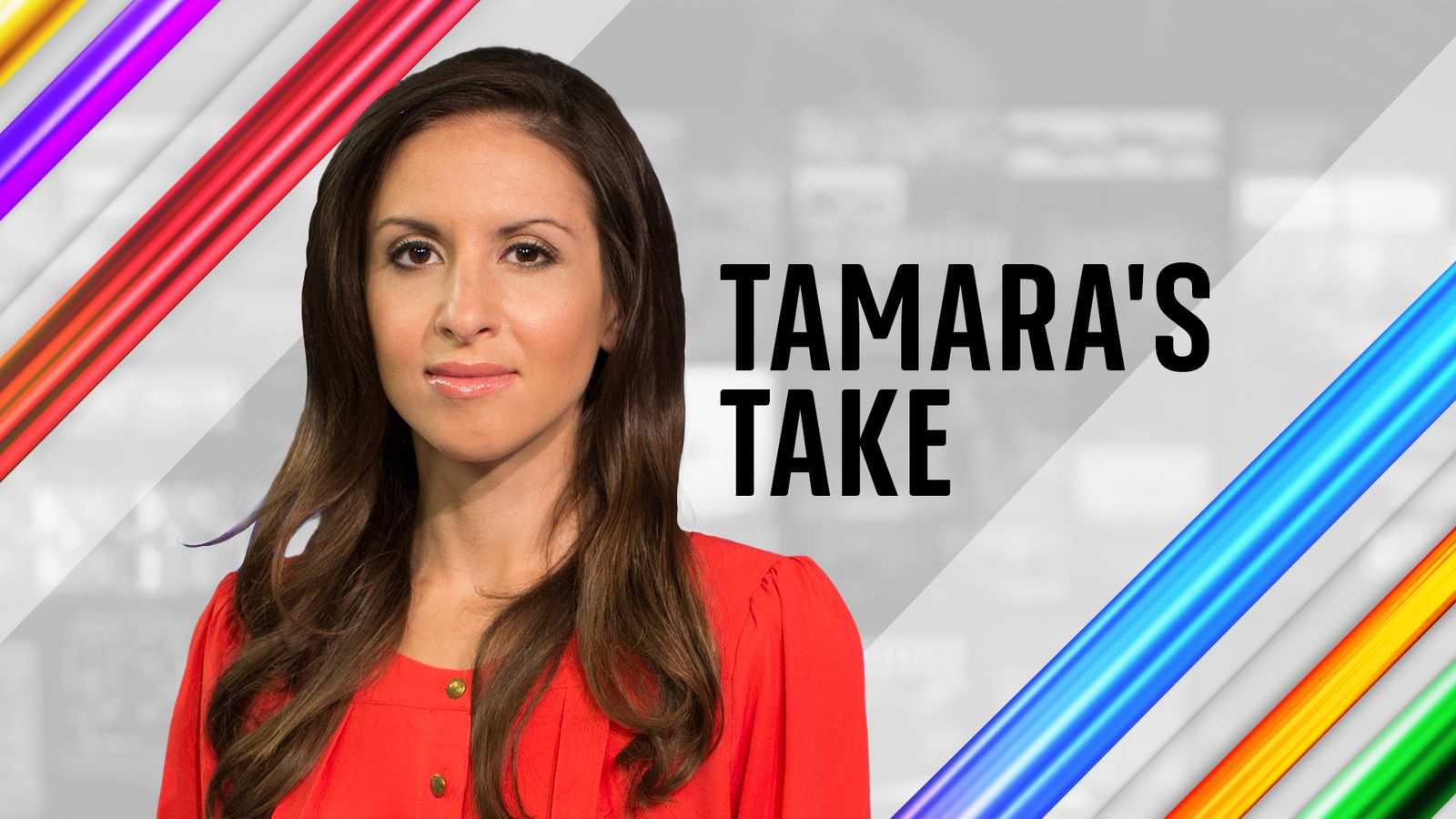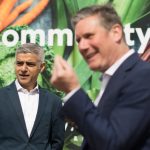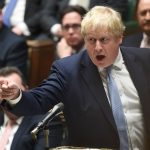Boris Johnson’s speech today will distil the argument he’s been making for much of this week, that he will force through a long overdue shift to a higher-wage economy.
No longer should businesses rely on the “cheap drug” of skilled immigration, as his deputy Dominic Raab put it, they must pay people better and invest in skills and training. Any pain in the meantime will be, the PM says, short-term.
In what appears to be a swipe at previous Labour and Conservative governments, he will say only he has the “guts” to see through this transition.
Sceptical reaction from businesses has been coming in already, and there is likely to be more today. But the PM’s message is that they can lump it – a strange position for a Tory leader at a conference in which business leaders are out in force, but with the party riding high, there has been little public dissent from senior Tories.
Mr Raab, on Sky News this morning, played down concerns about rising inflation saying it would “go down again next year”. The prime minister has described concerns about empty shelves, and farmers having to cull animals as temporary “stresses and strains”.
His optimism jars with experiences outside the hall and echoed by some Tory MPs, that the cost-of-living squeeze is very real and may not be temporary.
MPs in seats newly won by the Conservatives have jitters about higher fuel bills and the removal of the £20-a-week increase to Universal Credit which also kicks in today.
Universal Credit: Removal of £20 uplift should be paused through winter, former Conservative Party leader says
Conservative Party conference: Boris Johnson’s speech will have the Tory faithful screaming their heads off
Conservative Party conference: Boris Johnson to launch attack on former Tory PMs in promise to tackle big issues
“It’s a big hit for people in my area, lots of people have just come off furlough,” one Northern MP told me last night.
Former Tory leader Iain Duncan Smith, the architect of Universal Credit, has been warning on Sky this morning that the government should have at least “paused” until the “difficult” winter months are over as many people won’t find new – or higher paid – jobs immediately.
The prime minister will not, I understand, be announcing much in the way of new policies today.
There are reports he may raise the minimum wage later this year to £9.42 when annual recommendations come in from the Low Pay Commission, but that will be a decision for the weeks to come. Reaching a minimum £10 an hour by the next election would steal Labour’s key policy.
Economically, the prime minister’s vision is a gamble. Politically, Tories see the argument about high wages and low immigration as the post-Brexit vision many voters want.






















